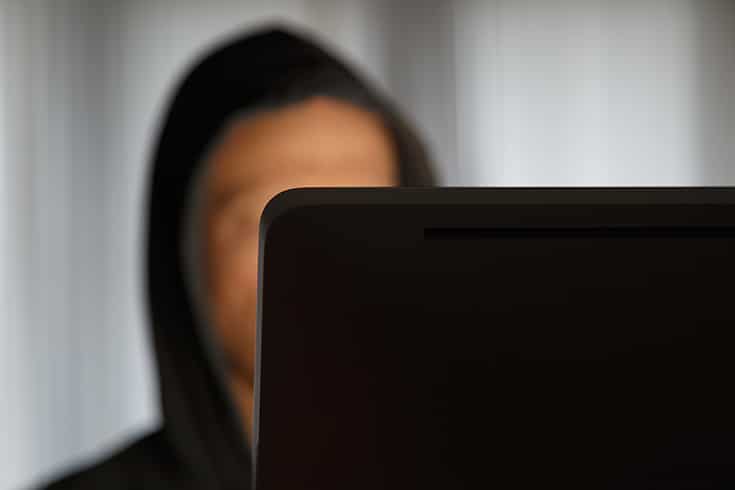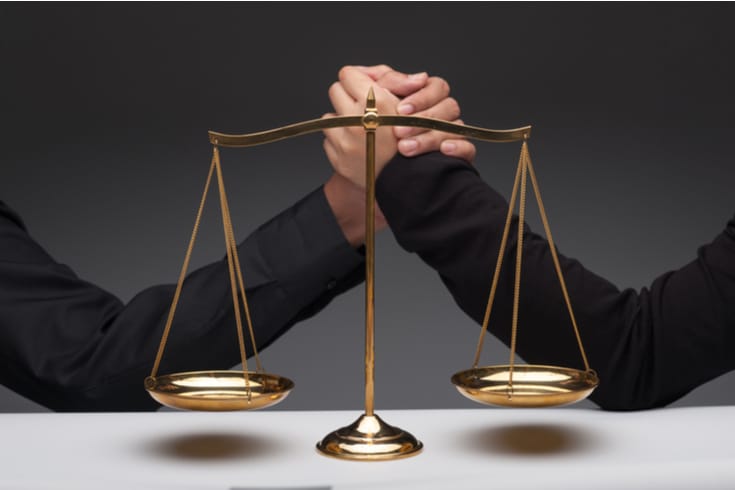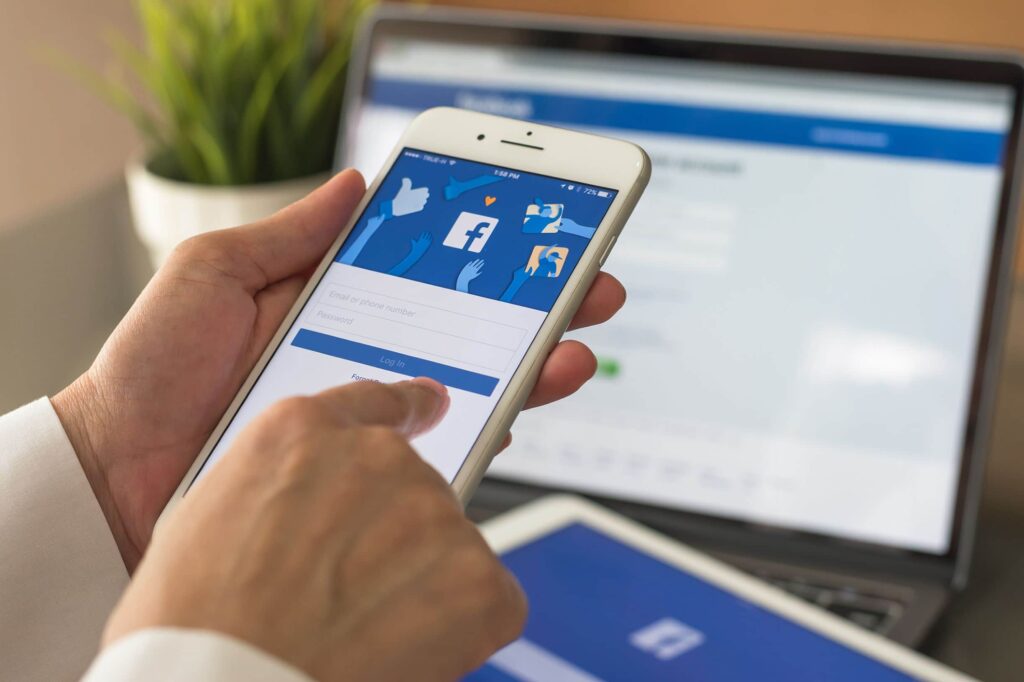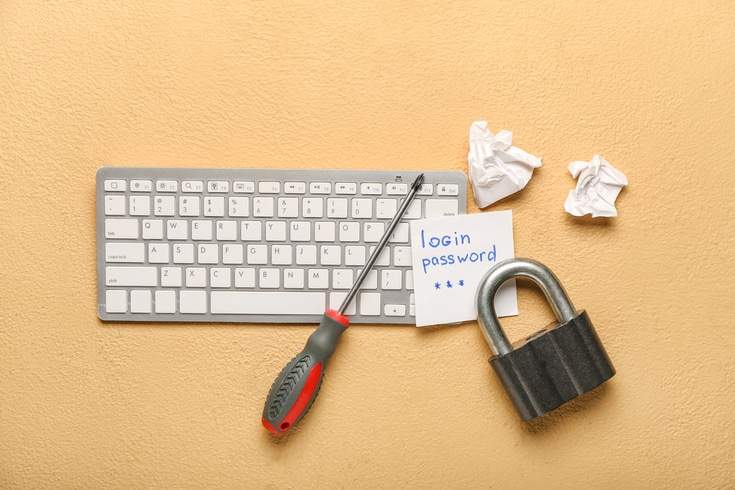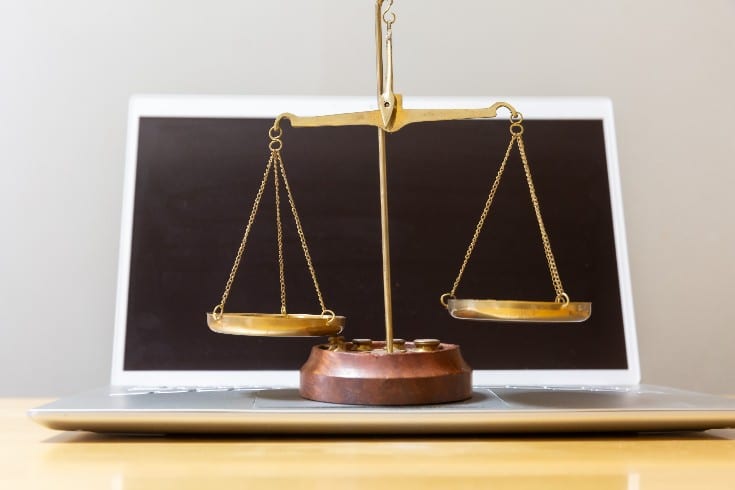What are the Methods for Identifying Perpetrators and Gathering Evidence of Defamation on Clubhouse?
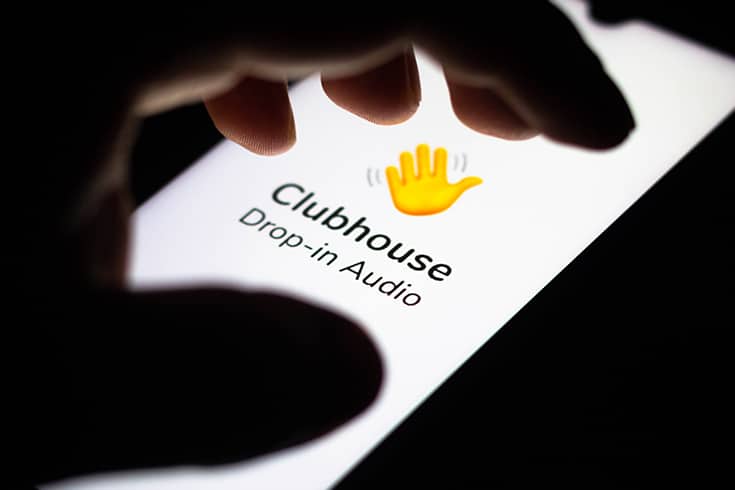
Clubhouse is an invitation-only audio social networking app. With the spread of the coronavirus making it difficult to meet and chat directly, this app allows users to enjoy conversations from home, leading to a rapid increase in users.
In Japan, it has spread rapidly since the beginning of 2021 (the third year of Reiwa), with many celebrities, including athletes and entertainers, joining in.
Users can enjoy conversations by creating rooms or joining rooms created by others. You can also link your Clubhouse account with your Twitter account.
One of the attractions of Clubhouse is that conversations are “one-time only” due to the terms of use prohibiting recording and note-taking.
However, due to its nature, there is a risk of “borderline” remarks that could be considered defamatory.
In this article, we will explain how to preserve evidence if you are defamed on Clubhouse, and whether it is possible to claim damages based on defamation.
How to Preserve Evidence if You Are Defamed on Clubhouse

If your rights are violated, such as being defamed on Clubhouse, you need to preserve evidence to initiate a lawsuit.
However, as mentioned above, the Clubhouse terms of use prohibit recording or note-taking. Nevertheless, if there is an infringement of rights, it is reasonable to assume that recording or note-taking is permitted as a countermeasure.
However, if the evidence is only a recording, it is not clear which account made the statement.
Make sure to record a video, tap the account that is defaming you, and also display the ID.
Is it possible to claim damages if evidence is preserved?
After recording and preserving evidence, it is necessary to identify the person who has defamed you.
When it’s easy to identify the offender

Since Clubhouse requires real-name registration, if the offender has registered with their real name, they can be easily identified.
Additionally, it may be possible to identify them from their voice or the person who invited them. However, there is also a possibility that the offender may not have registered with their real name.
When it’s complicated to identify the offender

If the offender did not register with their real name, the first step would be to request the disclosure of the sender’s information from Clubhouse’s operating company (Alpha Exploration Co.).
However, from the perspective of personal information protection, it is unlikely that they will comply with the disclosure without a court warrant or order.
In that case, you can identify the person who defamed you by filing a request for disclosure of sender information through legal proceedings.
It is unclear whether Clubhouse keeps a log (record) of transmissions. If there is no transmission log, you will need to request the disclosure of the phone number registered with Clubhouse.
Clubhouse’s operating company is located in the United States. Even if the company is overseas, if it is recognized as a “business operator in Japan”, it is considered to have international jurisdiction in Japan, and a judgment can be made in a Japanese court.
However, at present, since all of Clubhouse’s website and terms of use are in English and there is no Japanese notation, there is a high possibility that it will not be recognized as a “business operator in Japan”. In that case, even if a lawsuit is filed, it may not be possible to make a judgment in a Japanese court, and the possibility of being granted disclosure of sender information is low. In this case, you will need to use the American evidence disclosure system (discovery) to receive disclosure of the registrant information of the account.
If you are defamed on Clubhouse, you can claim damages if you can identify who the account belongs to after preserving the evidence. If the statement is recognized as defamation, there is a possibility that you can receive damages.
However, if the account is not registered with a real name or cannot be identified by voice, the hurdle to identification can be said to be high.
For methods to identify the poster on Facebook (Japanese Facebook) and the average cost of attorney fees, please refer to the detailed explanation below.
https://monolith.law/reputation/ffacebook-identify-law-damage[ja]
Summary
Clubhouse is a service that has just begun to spread in Japan, and there are many unknowns about what measures can be taken when problems such as defamation occur.
Therefore, if you are having trouble with defamation on Clubhouse, it would be better to consult with a lawyer who is well-versed in online defamation measures as soon as possible.
Category: Internet


